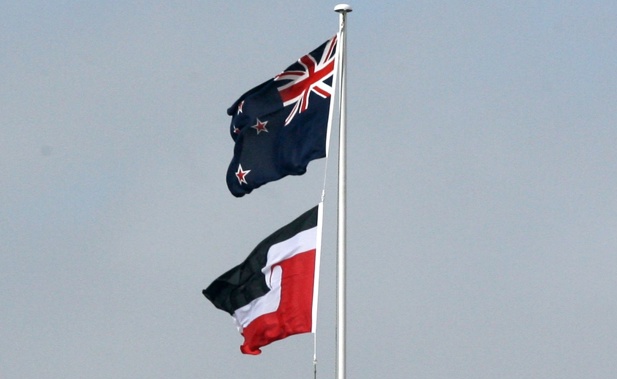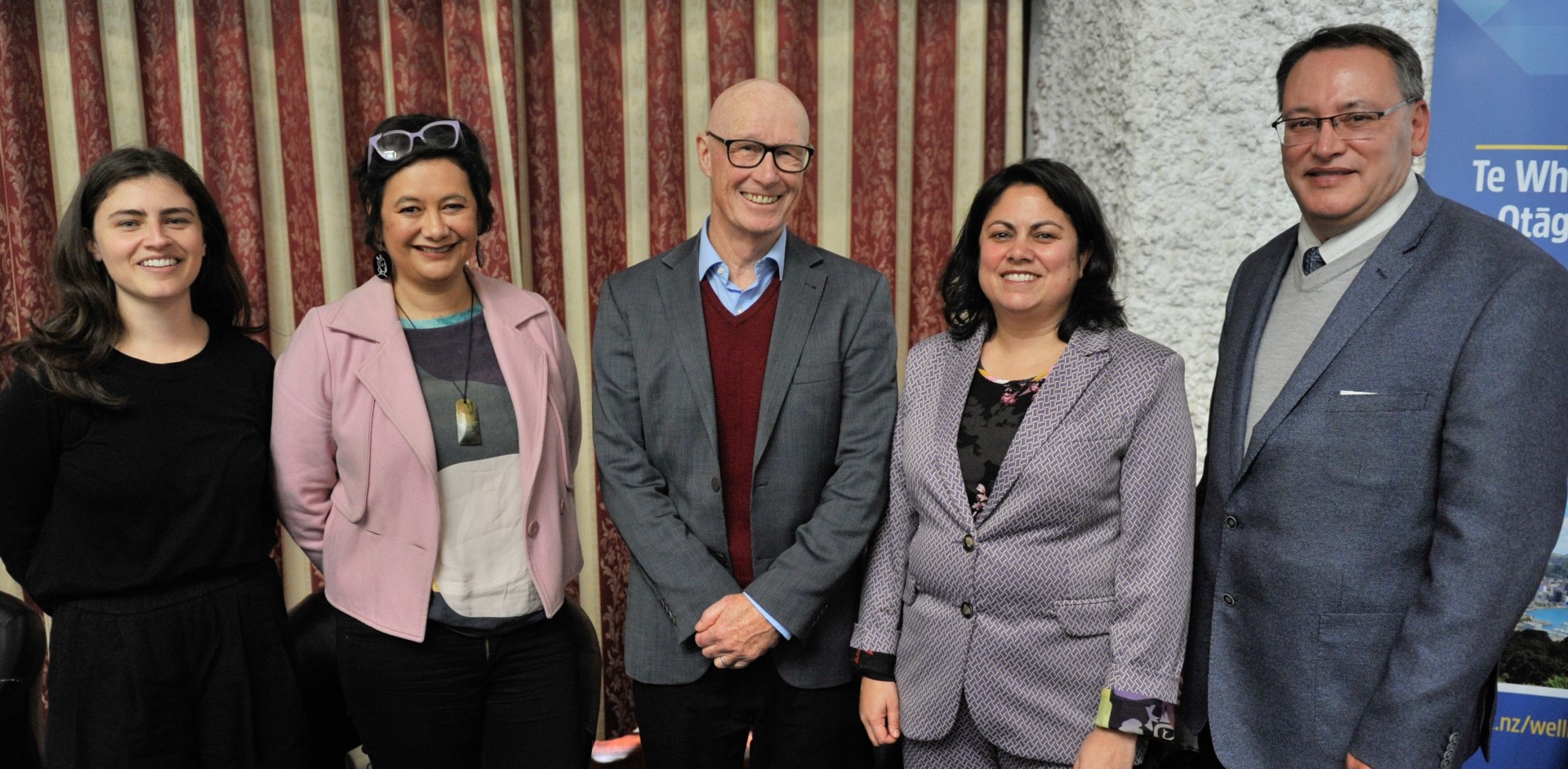
The coalition agreements, revealed on Friday, have predictably resulted in polarised reactions. While surprisingly and unusually comprehensive, the agreements are essentially what New Zealanders voted for. Well, about 52 per cent of us.
Much of the media have spent the weekend interviewing themselves to convey the disaster they think the coalition will be, particularly to Māori. Newshub’s The Hui host Mihingarangi Forbes told Newshub that “they’ve burned the house down” and NBR’s Dita De Boni told them it’s a “big f-you to Māori”.
There has also been a lot of outrage about scrapping smokefree legislation. Health Coalition Aotearoa co-chairwoman Dr Lisa Te Morenga said, “it was like a kick to the stomach”, and “tax cuts for the rich at the cost of the lives of tamariki is just vile”. She claims that scrapping the legislation would cost thousands of lives.
Te Morenga regularly comments on political matters - from school lunches, GST on food, energy drinks, fast food, smoking and alcohol. The theme of her commentary is strong advocacy for prohibition-style legislation. She wants fast food, vape stores and alcohol shops to be banned from poorer neighbourhoods, saying they are “preying on the need” in these communities. She has been clear that anti-smoking prevention initiatives need to be replicated for alcohol and junk food.
These may well be valid positions to take and as a respected academic Te Morenga can no doubt present a compelling argument for them. However, prohibition approaches are not the only academically endorsed public health strategy for smoking.
For example, former Professor of Public Health at Massey University, and a former chairwoman of End Smoking NZ, Dr Marewa Glover, is a harm reduction advocate who admits she was once an “anti-tobacco zealot”.
On X (formerly Twitter) Glover reacted to the agreements on Friday saying:
“New Coalition GovNZ shift to a #harmreduction vs prohibition approach to Smokefree/reducing smoking is completely in line with 100 international topic-based experts incl NZrs who follow the science not ideology. It’s time for truth not lies.”
Te Morenga and Glover are wāhine Māori. However, one says Labour’s Smokefree legislation would drive inequities and the other says scrapping the legislation will have the same result.
How do we decide who is the spokesperson on how this will affect Māori then?
I argue that we don’t. We take them as highly qualified experts in their fields with differing perspectives. The problem is, as far as I can tell, we are only hearing one of these perspectives. The media has decided which health approach they prefer and choose their commentators accordingly.

This isn’t only true of health policy. Since the coalition agreements were made public, there has been a ratcheting up of the ugly game of “good Māori / bad Māori”.
There are seven Māori, by my count, in the new government’s Cabinet. This is more than former Labour PMs Jacinda Ardern and Chris Hipkins had in their first Cabinets. It is disproportionate to the size of the Māori population - and two of the three party leaders are Māori men.
And yet, the agreements have been blasted in the news as regressive and racist. Anecdotally, I have seen tweets (Xs?) and Facebook posts from well-meaning white people sending “aroha” and even apologising to Māori for the incoming government. There is a bizarre virtue-signalling class who are in a downward spiral and haven’t worked out that a white person apologising to a Māori person about policies put forward by parties led by Māori people is a bit weird.
It is obvious that the race-related parts of the agreement are instigated by Act and New Zealand First. National has been far more reticent to delve into these matters thus far. Furthermore, each of the smaller parties has three ministers in Cabinet. Of those, all three of New Zealand First’s ministers are Māori and two of Act’s three are as well. Only Brooke van Velden is not.
Why then are the policies being framed as an “attack” on Māori, as the beginning of some kind of race war?
Why are the perspectives of, for example, Te Pati Māori taken as somehow more valid than the Māori MPs in other parties. Apart from their choice of name, which conveys some kind of authoritative voice, they have no mandate from Māori nor New Zealanders in general to be the passers of judgment on behalf of all Māori.
At the recent election, Te Pati Māori received 3% of the party vote, New Zealand First received twice that, and Act received 8.6%. While Te Pati Māori can point to their wins in Māori seats, it is worth remembering that approximately 195,000 party votes were cast in Māori electorate seats, whereas 567,000 Māori were enrolled on both rolls.
Is it really appropriate for media to convey that there is one “right” way to think and be Māori and bestow legitimacy on the voices of some Māori but not others?
We certainly don’t want to get into who looks the most Māori nor who has the most “Māori blood”. This takes us down a path of blood quantum, which is an inevitably hideous path to tread. Likewise, counting ancestors shouldn’t be used to rank Māoriness.
If we were to judge on such superficial grounds, people like Mihingarangi Forbes and Kelvin Davis, who are very connected to their Māori heritage, would be considered less Māori than someone with darker skin but equally as Māori as David Seymour. It is a fool’s errand to pursue these measures.
What the past few days have shown us is that there is no single way to be Māori and no single set of politics that should be attributed to Māori as a collective. For example, some Māori might be sad that Davis is no longer Minister for Children, others will be pleased that Karen Chhour is now in his place. Davis and Chhour are Māori, but they belong to parties on the opposite sides of politics.
The coalition agreements contain matters that relate to race relations in New Zealand, and we should be mature enough to have conversations that take us forward not backward. The media will be reporting on these issues, and it is crucial that, as in all matters, they don’t pick a side. It isn’t any newspaper’s or broadcaster’s role to tell readers “this is what good Māori think”.
Media will play a pivotal role in how far tensions are driven up and it is the responsibility of every journalist and platform to ensure neutrality. Whether they are too far gone down entrenched political positions remains to be seen.
Take your Radio, Podcasts and Music with you









